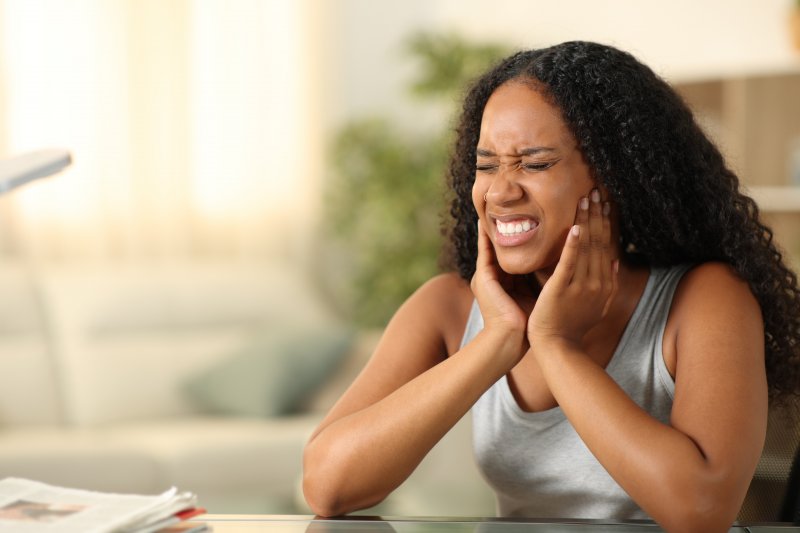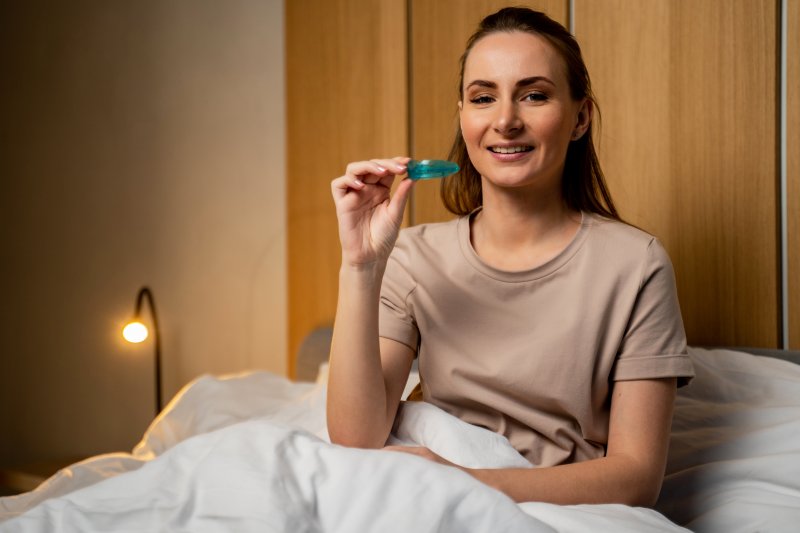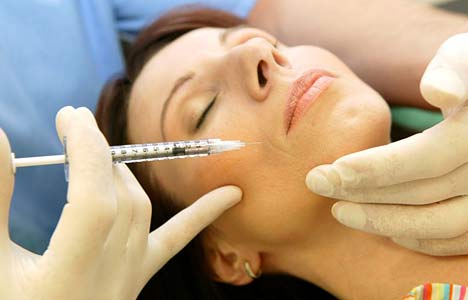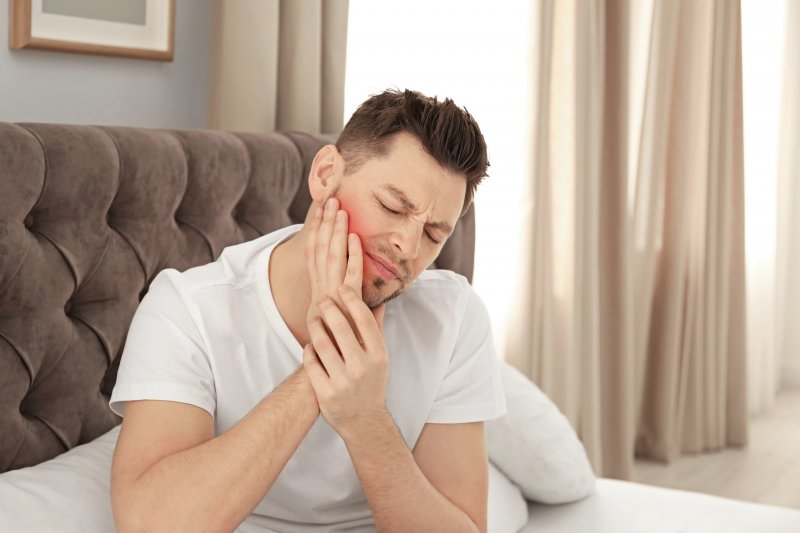Sleep apnea is a serious condition that causes you to lose sleep night after night. Over time, that sleep deficit can have seriously negative impacts on your overall health – like increasing your risk of heart disease and diabetes as well as making it more likely that you will experience a serious car accident. Treatment is available for sleep apnea, but do you really need to seek professional help? In most cases, the answer is yes – but keep reading to learn about some ways that you can lessen the effects of sleep apnea, and how to know when treatment is right.
What Is Sleep Apnea?
Sleep apnea is a condition that is characterized by the collapse of soft tissues in the mouth and throat during sleep. The collapse blocks the proper flow of air, causing the sufferer to briefly wake in order to resume breathing. Loud, chronic snoring is also common. A person with this condition may wake up hundreds of times per night without realizing it. All that they may notice is a groggy, fatigued feeling the next day – and every day after that.
Tips to Improve Sleep Apnea
If you have sleep apnea, there are several things you can do to improve the condition. They include:
- Losing weight: If you are overweight or have obesity, then one of the best things you can do to improve your sleep is to lose weight. Extra fat around the neck makes it more likely the tissues will collapse, causing the interruptions in breathing and sleep.
- Avoiding alcohol: That glass of wine or cocktail before bed doesn’t just help you feel calmer mentally – it also physically relaxes your muscles, reducing their ability to remain engaged to facilitate breathing throughout the night. Thus, people with sleep apnea often note their symptoms improve when they cut out alcohol.
- Try side-sleeping: It could be that your symptoms improve just by adjusting your sleeping position. Avoid sleeping on your back for a few nights to see if you can regain better rest – this position greatly increases the chances of snoring and disrupted sleep because it puts pressure on the airway.
Do You Need Professional Treatment?
If you try the above tips and still can’t seem to regain your restful eight hours, then it may be time to reach out to a professional for diagnosis and treatment. Today’s solutions to sleep apnea, like oral appliance therapy, are more convenient and effective than ever.
You deserve to enjoy all the benefits of a great night’s sleep every night! Don’t wait for sleep apnea to go away on its own – get started with a professional today.
Meet the Dentist
Dr. Keane Fedosky is a highly experienced general dentist and is also a member of the American Academy of Dental Sleep Medicine. As such, he is the expert to turn to for help with snoring and sleep apnea. Dr. Fedosky and his team offer a range of treatments, including oral appliance therapy. To learn more about your options, contact Sleep Rehab & TMJ Treatment by phone at (972) 753-3737.







 Obstructive sleep apnea is a common disorder that causes frequent pauses in breathing while sleeping. The soft tissues in the back of the mouth and throat collapse to block the upper airway. This results in frequent breathing disruptions that can have potentially deadly complications. Believe it or not, exercise can be a solution to prevent and
Obstructive sleep apnea is a common disorder that causes frequent pauses in breathing while sleeping. The soft tissues in the back of the mouth and throat collapse to block the upper airway. This results in frequent breathing disruptions that can have potentially deadly complications. Believe it or not, exercise can be a solution to prevent and  Quality sleep is vital for your physical and mental health; however, if your partner snores, it can keep both of you tossing and turning at night. You don’t have to sleep in another room or struggle with daytime fatigue. You can give the gift of snore-less sleep and better health to your loved one with an oral appliance. Although everyone snores occasionally, chronic snoring can be a sign of an untreated sleep disorder that can increase your partner’s risk of many health concerns, including heart attacks and strokes. Here’s how an oral appliance can improve their health and quality of life, so you both can sleep peacefully.
Quality sleep is vital for your physical and mental health; however, if your partner snores, it can keep both of you tossing and turning at night. You don’t have to sleep in another room or struggle with daytime fatigue. You can give the gift of snore-less sleep and better health to your loved one with an oral appliance. Although everyone snores occasionally, chronic snoring can be a sign of an untreated sleep disorder that can increase your partner’s risk of many health concerns, including heart attacks and strokes. Here’s how an oral appliance can improve their health and quality of life, so you both can sleep peacefully.
